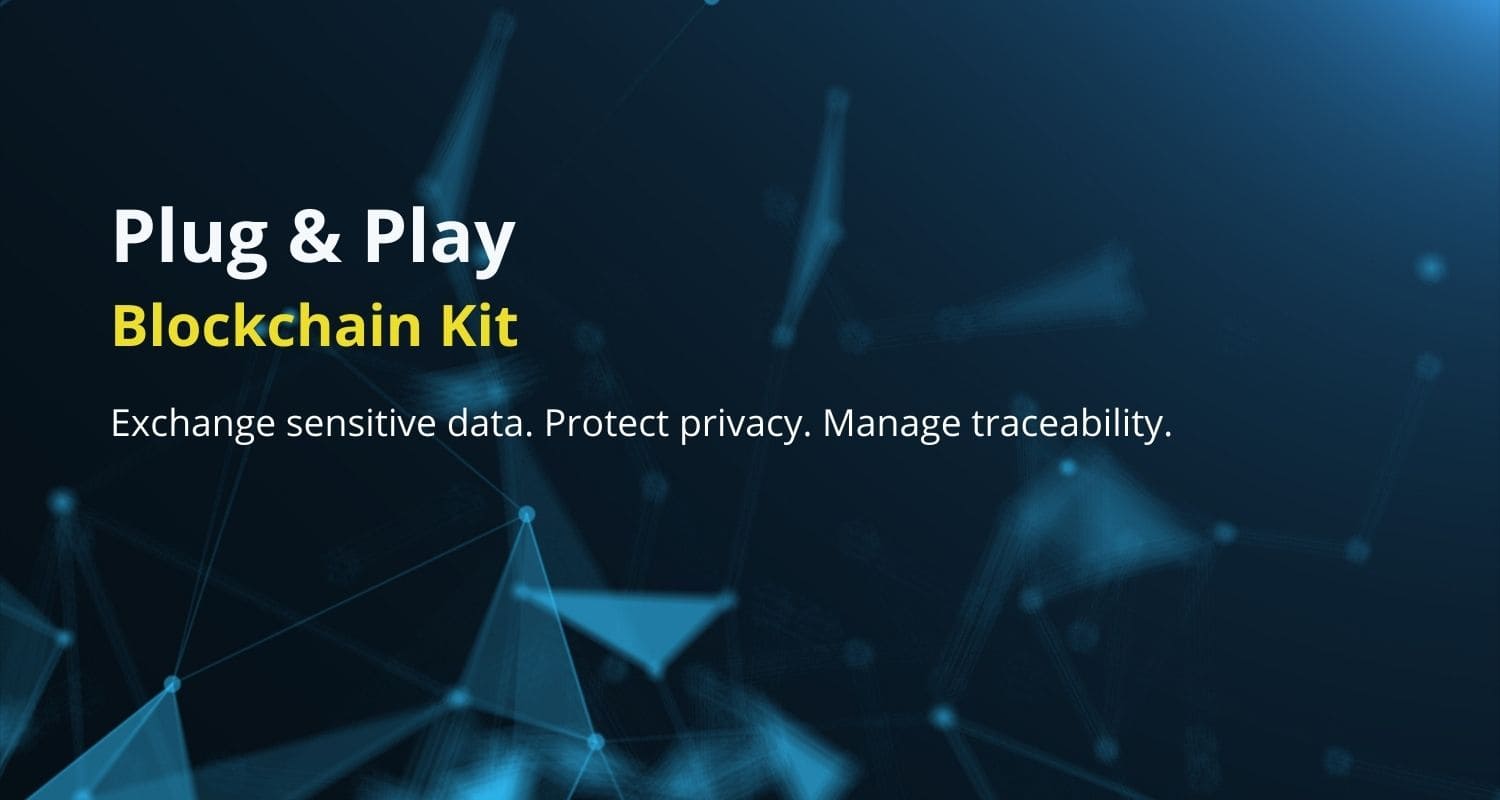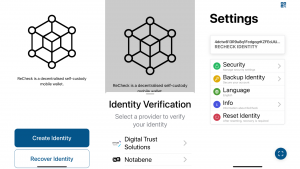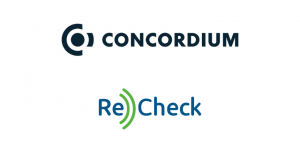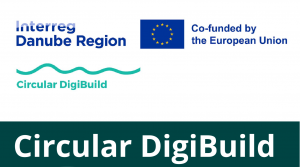Nowadays technology is everywhere. It allows us to remove routine and mundane jobs in order for us to have more time to spend on things we love. Some of us are creating art, others – passionately researching fields they find interesting. All of this is possible because of our cooperation and initiation to put into use and experiment with innovative technology. It doesn’t really have to work every time, however having a feedback from the try, we can adjust what is wrong, leave what is right and try again, until we succeed.
Since the dawn of time people felt the need to trade goods with each other. Today we have a global market for goods and theoretically everyone can trade with everyone on the planet. This is all fine, everybody is honest and the receivers do not get any fake products. As we all know, this isn’t quite the story. Counterfeiting has been a problem for all consumers since original goods were first introduced to markets. What has changed, though, is that technology gives us a better chance to fight the infringement more efficiently than ever.
A report from EUIPO
The European Union is trying to fight and win this fight for many years. The methods are evolving continuously and are more efficient than what has been used as prevention before. However this is not enough. According to “Synthesis report on IPR infringement 2018” made by EUIPO, almost 5% of all imported goods in 2013 are counterfeited. And this small percentage is monetised on the price of 85 billion euro. What’s more, in a series of sectoral studies, the EUIPO has an estimated loss in 13 sectors (directly in the industries being analysed and across their associated supply chain), as a result of counterfeiting, totalling more than 100 billion euro per year.
It is reported that counterfeiters have moved to production of everyday goods, including medicines, shampoo, toothpaste, cosmetics and batteries for laptops and mobile phones. One such product will have a negative impact on the health and safety of the consumer. The materials need for the production of such items are cheaper and not selected with safety precaution.
The other thing is how fake products have negative effect on the original brand and the economy but this will be a subject to another blog post. Below is a graph that indicates how the EU is taking precautions and prevention of counterfeit.
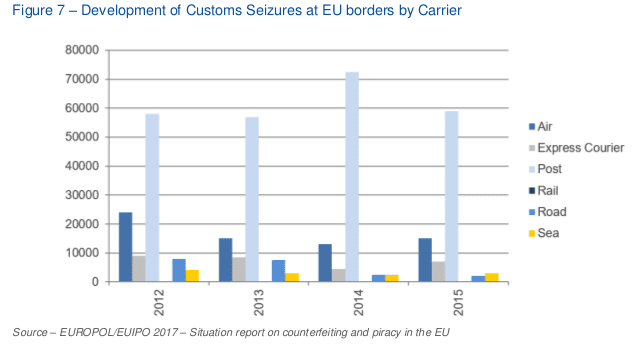 The resources put into these actions are not in vain, but surely they can greatly benefit from innovation. With the development of the technology, not only the safety measures have been improved but the methods of infringement have as well. This is why the EUIPO came with the idea of an event to review different solutions to these dreadful problems.
The resources put into these actions are not in vain, but surely they can greatly benefit from innovation. With the development of the technology, not only the safety measures have been improved but the methods of infringement have as well. This is why the EUIPO came with the idea of an event to review different solutions to these dreadful problems.
New ideas
To find a better way to fight against counterfeiting of goods, EUIPO, motivated by the potential of the blockchain technology, created the first Blockathon. Only 10 teams have been chosen to participate in the event. By filtering all given ideas, EUIPO is selecting only the best and giving them a stage to be elaborated into fully functional products. For 48 hours, the teams must present a solution that is able to synchronize with the tools EUIPO has already put in use and improve them, or create new tools that are more efficient in the fight against counterfeit
The categories for the blockathon are Customs authority, Consumer and Logistics operator. ReCheck will target consumer and customs authority challenges.
Our participation
ReCheck is proud to be one of those 10 companies to develop a solution to the grim problem. Our concept will present a smart contract solution with proof of stake. Developing a system where it will be transparent for the three parties – sender, shipper and consumer what is in the package. This model enables full transparency of the process and makes it impossible for fraud, once the item has been sent to the receiver. The concept also includes a rating/reputation system with the purpose of filtering the bad players.
Conclusion
While we are participating with a transparent package solution, our main solution to this problem is actually the service we provide – NFC chip to authenticate the origin of the product. With this chip, you can always view the digital signature of a product as proof for authenticity. By doing that, everyone, with the help of ReCheck app, can see what are the origins of the goods. This way the brand’s reputation won’t be damaged by a counterfeiting party, and it will be harder for the consumer to receive a fake product.
References :
1 https://euipo.europa.eu/ohimportal/en/web/observatory/synthesis-report

